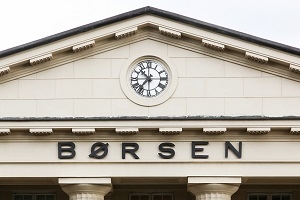Oslo Børs is the last independent stock exchange in the Nordics, owned by several institutional investors since its privatisation in 2001. However, this might be about to change, as a bidding war has emerged between Euronext and Nasdaq. Negotiations remain ongoing, with both sides claiming support for their bid from a substantial portion of the share registry.
Historically, there have been similarities in corporate governance among the Nordic countries, both in terms of legislation and other regulation. A takeover by Nasdaq could further align Oslo Børs’ corporate governance practices with those of its Nordic peers: since Nasdaq already operates the stock exchanges in Helsinki, Stockholm, Copenhagen and Reykjavik, the entire region could end up with similar listing and disclosure rules.
On the other hand, an acquisition by Euronext could bring the Oslo Børs closer to its pan-European counterparts, such as the Euronext-owned exchanges in Amsterdam and Paris. A potential implication could be moving Norwegian corporate governance practices closer to the larger European markets.
In previous consolidations, the biggest exchange often becomes the centre, with the most important functions of the exchange and market activity concentrated around it. This has led to weakening of the smaller exchanges in the partnership, causing reductions in business activity and international visibility. This especially disfavours smaller listed companies.
Take, for example, the Euronext-owned Paris, Amsterdam and Brussels exchanges. Listing activity has decreased significantly in Belgium and the Netherlands, while Paris has seen a significant increase. The creation of the OMX-group had similar effects. The capital markets in Denmark and Finland saw less IPOs after the consolidation, while the number of IPOs in Stockholm increased in the same period.
As competing offers continue to roll in, Oslo Børs shareholders are already paying close attention. However the potential implications for the infrastructure of the Norwegian capital markets makes this a negotiation worth following even without a direct interest in the deal itself.
Quttab-Udin is an analyst covering the Nordic markets.

